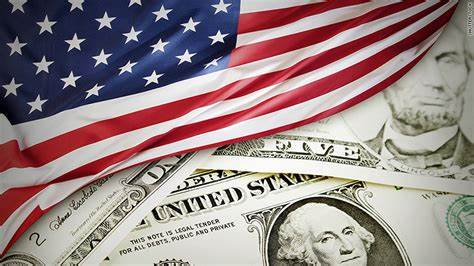A raft of surprisingly strong economic data released on Tuesday has helped to keep recession fears at bay, and is likely to reinforce the hawkish message from Federal Reserve Chair Jerome Powell.

The data showed that housing starts rose to a 15-month high in May, while manufacturing activity expanded at a faster pace than expected. Consumer spending also rose more than forecast, suggesting that the economy is still growing, albeit at a slower pace.
The data comes as the Fed is preparing to raise interest rates by 0.75 percentage points later this week. However, the strong economic data suggests that the Fed may not need to be as aggressive in its tightening cycle as some had feared.
“The data is a bit of a mixed bag,” said Michael Pearce, an economist at Capital Economics. “On the one hand, it shows that the economy is still growing, albeit at a slower pace. On the other hand, it shows that inflation is still running hot, which will keep the Fed on track to raise interest rates aggressively.”
The strong economic data is likely to reinforce the hawkish message from Powell, who has said that the Fed is “strongly committed” to bringing inflation back down to its 2% target. Powell is due to speak at a conference on Wednesday. His comments will be closely watched for any signs of a change in the Fed’s policy stance.
The latest economic data has had a positive impact on stock markets. These markets have been experiencing volatility in recent weeks due to concerns about a recession. On Tuesday, the S&P 500 index increased by 1.5%. Similarly, the Nasdaq Composite index rose by 2.2%.
The next few weeks will be critical for the Fed. It will need to decide how aggressively to raise interest rates. This is in order to bring inflation back under control. The strong economic data is likely to give the Fed some room to maneuver. However, it will need to be careful not to overtighten. Overtightening could lead to a recession.
US Consumer Confidence Index Hits Highest Level Since February 2022
